-
Can karate increase my height
Can Karate Increase My Height
Karate is a popular martial art that not only helps improve physical fitness and self-...
-
Is karate good for kids with ADHD
Is Karate Beneficial for Children with ADHD
Attention Deficit Hyperactivity Disorder (ADHD) is a neurological disord...
-
How many times a week should I go to karate
How many times a week should I go to karate
Karate is a martial art that requires dedication, practice, and consiste...
-
Which sport is best for ADHD
Which Sport is Best for ADHD
Attention-deficit/hyperactivity disorder (ADHD) is a common neurodevelopmental disorder...
-

Ariel Torres Gutierrez: A Karate Phenom
Ariel Torres Gutierrez, born on November 6, 1997, in Hialeah, Cuba, has emerged as a dominant force in the world of ...
-

How many years does it take to learn Kyokushin karate
Kyokushin Karate employs a structured belt system to signify the progression of students from beginner to advanced l...
-
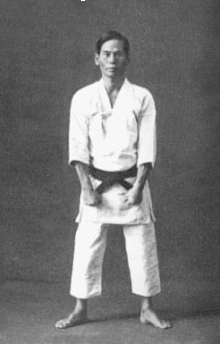
Honoring the Legacy of Shinpan Gusukuma: Pioneer of Shitō-ryū Karate
Shinpan Gusukuma, a luminary in the realm of Okinawan martial arts, forged a path of excellence and innovation, leav...
-
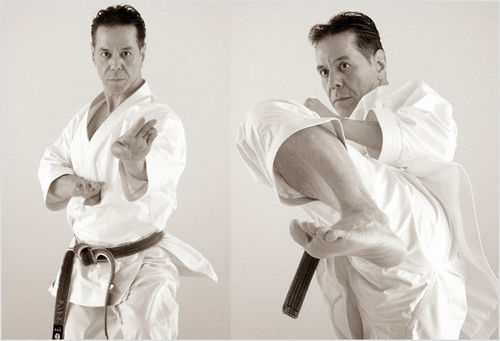
Allen Tanzadeh (Kyoshi), 8th Dan: A Legacy of Excellence in Shitoryu Karate
Allen Tanzadeh, born in 1960, stands as a distinguished figure in the world of Shitoryu Karate, revered for his remar...
-
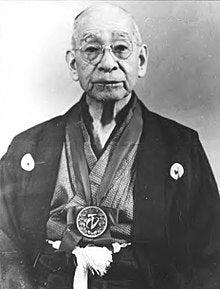
Honoring Chōshin Chibana: The Last Warrior of Shuri
Chōshin Chibana, revered as the "Last Warrior of Shuri," left an indelible mark on the world of martial arts with his...
-
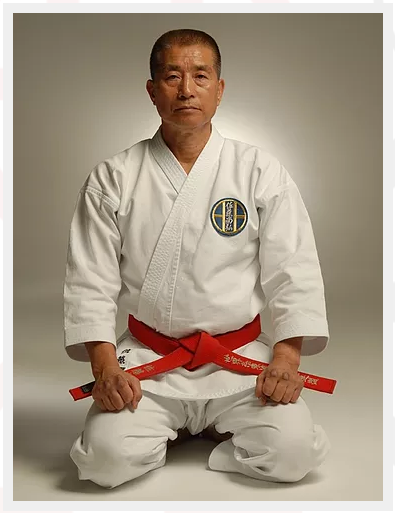
Master Shoko Sato: A Legacy of Excellence in Shitoryu Karate
Master Shoko Sato stands as a towering figure in the world of traditional Japanese Karate, revered for his unparallel...
-
Karate vs. Taekwondo | What's The Difference?
Karate vs. Taekwondo | What's The Difference?
Here's an overview:
Introduction to Karate and Taekwondo
History ...
-

Arakaki Seishō: A Trailblazer in Okinawan Martial Arts
Arakaki Seishō, a luminary of Okinawan martial arts, left an indelible mark on the landscape of karate with his profo...
-
Unleash Your Inner Warrior with Our Karate T-Shirt Collection!
Unleash Your Inner Warrior with Our Karate T-Shirt Collection!
Unleash Your Inner Warrior with Our K...
-
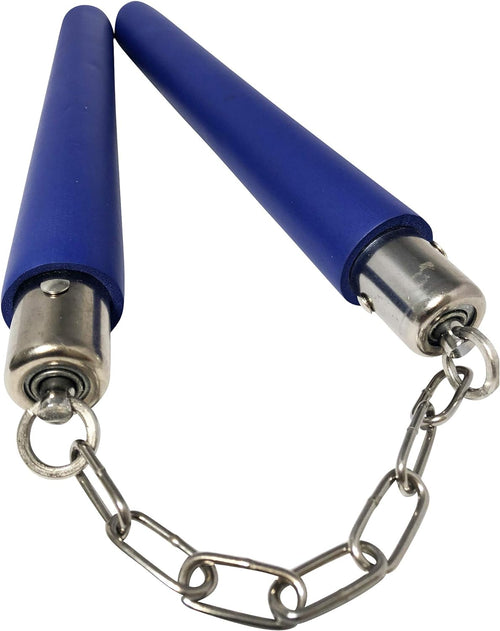
Unlock the Art of Karate with the Foam Nunchucks with Video Lessons!
Unlock the Art of Karate with the Foam Nunchucks with Video Lessons!
Welcome to Karateka Karate Merch, where martial...
-
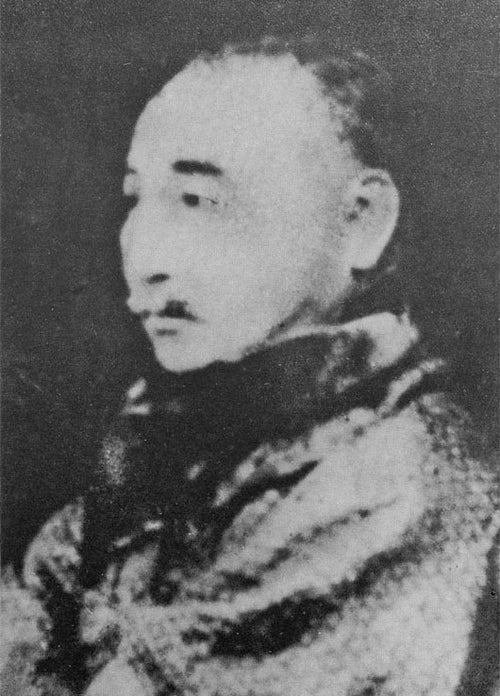
Exploring the Legacy of Motobu Chōyū: Okinawa's Martial Arts Royalty
Motobu Chōyū, born on May 2, 1865, in Shuri Akahira, Okinawa, was more than just a martial artist—he was a scion of R...
-
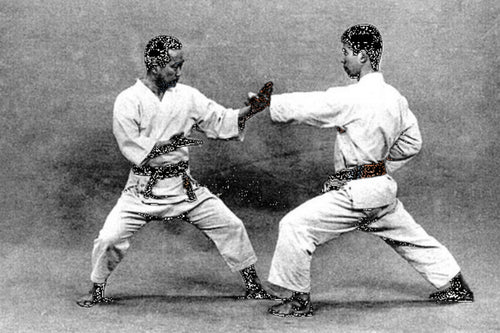
Exploring Okinawan Martial Arts: A Rich Tradition of Self-Defense and Culture
Okinawan martial arts, deeply rooted in the history and culture of the Ryūkyū Kingdom, have evolved over centuries, s...
-

Exploring the Rich History and Cultural Heritage of Shuri, Okinawa: A Hub of Karate Tradition
Nestled on the picturesque island of Okinawa, Japan, lies the historic city of Shuri, a place steeped in rich tradit...
-
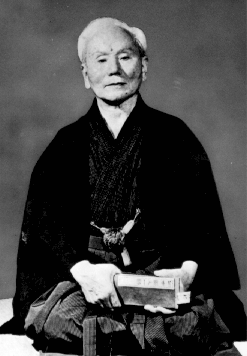
Gichin Funakoshi: The Father of Modern Karate
Gichin Funakoshi, born on November 10, 1868, in Shuri, Okinawa, is revered as the founder of Shotokan karate and a se...
-
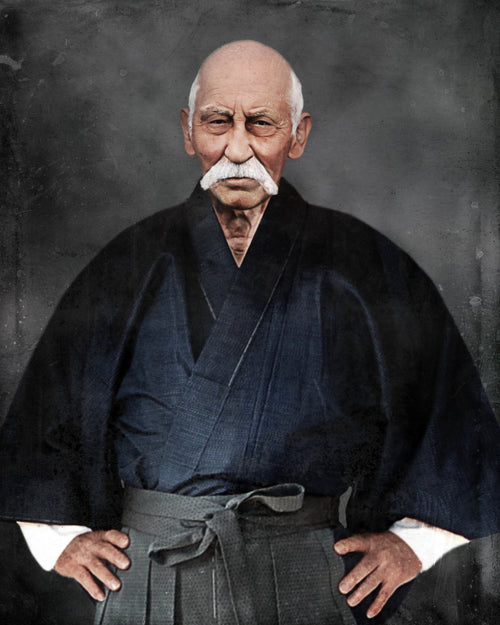
Ankō Itosu: The Father of Modern Karate
Ankō Itosu (糸洲 安恒) is revered as one of the most influential figures in the history of karate, often hailed as the fa...
-
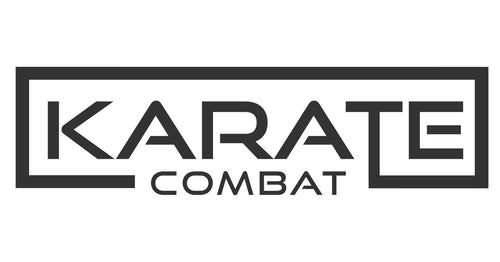
Clash of Titans at Karate Combat 37 :Raymond Daniels vs. Rafael Aghayev
Georges St-Pierre, the legendary UFC welterweight champion, has hailed Raymond ‘Real Deal’ Daniels as "the greatest s...
-

Kenwa Mabuni: The Founder and Legacy of Shito-Ryu Karate
Karate, an ancient martial art originating from Okinawa, Japan, has seen many influential figures throughout its rich...
-
Wesley Snipes: From Martial Arts Mastery to Hollywood Stardom
Wesley Snipes, an iconic actor and martial artist, has captivated audiences worldwide with his dynamic performances, ...
-
Century Martial Arts: Empowering Martial Artists Worldwide
Century Martial Arts, a leading provider of martial arts equipment, uniforms, and training gear, has been at the fore...
-
Arawaza: Elevating Martial Arts with Quality and Tradition
Arawaza, a renowned martial arts brand, has been synonymous with quality, innovation, and tradition in the martial ar...
-
Jet Li: Martial Arts Master and International Film Star
Jet Li, an iconic figure in the world of martial arts and cinema, has captivated audiences worldwide with his unparal...
-
Chuck Norris: The Martial Arts Legend and Cultural Icon
Chuck Norris, a living legend in the world of martial arts and entertainment, has left an indelible mark on popular c...
-
Billy Blanks: The Fitness Icon and Creator of Tae Bo
Billy Blanks, a fitness guru and martial artist, has revolutionized the fitness industry with his innovative workout ...
-
Jackie Chan: The Legendary Martial Artist and Global Action Star
Jackie Chan, a household name synonymous with jaw-dropping stunts, comedic charm, and unparalleled martial arts prowe...
-
Bruce Lee: The Legend of Martial Arts Mastery and Cultural Icon
Bruce Lee, an iconic figure in the world of martial arts, continues to captivate and inspire millions worldwide with ...
-
The Legacy of Gichin Funakoshi: The Founder of Shotokan Karate
Gichin Funakoshi, revered as the father of modern karate, left an indelible mark on the martial arts world through hi...
-
the Benefits of Shotokan Karate for Kids
In today's fast-paced world, parents are constantly seeking activities that not only keep their kids physically activ...
-

Is There Kata in Kyokushin? Exploring the Role of Forms in Kyokushin Karate
Kyokushin Karate, known for its rigorous full-contact fighting style and emphasis on practical self-defense technique...
-

Can you grab in Kyokushin
Can You Grab in Kyokushin? Exploring the Rules and Techniques of Grabbing in Kyokushin Karate
Kyokushin Karate, renow...
-

Does Cobra Kai use Kyokushin karate
Does Cobra Kai Use Kyokushin Karate? Exploring the Martial Arts Influences in the Hit Series
Cobra Kai, the popular t...
-

Can You Get Abs from Karate
Can You Get Abs from Karate? Exploring the Fitness Benefits of Training in Karate
Karate, renowned for its dynamic mo...
-
How Karate Helps Kids with ADHD: A Comprehensive Guide
Attention Deficit Hyperactivity Disorder (ADHD) is a neurodevelopmental disorder characterized by difficulties in sus...
-
Can Kyokushin karate be self taught
Can Kyokushin Karate Be Self-Taught? Exploring the Pros and Cons of Self-Learning in Martial Arts
Kyokushin Karate, w...
-
What's the Hardest Belt to Get in Karate
What's the Hardest Belt to Get in Karate? Exploring the Challenges of Advancement
In the world of Karate, the journey...
-
Does Kyokushin Work in a Real Fight?
Does Kyokushin Work in a Real Fight? Exploring the Practicality of Kyokushin Karate
The effectiveness of Kyokushin Ka...
-
Is Kyokushin Karate Japanese or Korean?
Is Kyokushin Karate Japanese or Korean? Unraveling the Origins of a Martial Art
The question of whether Kyokushin Kar...
-
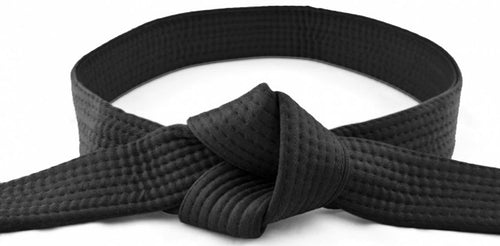
How Fast Can You Get a Black Belt in Kyokushin Karate?
How Fast Can You Get a Black Belt in Kyokushin Karate? Understanding the Journey to Mastery
The journey to obtaining ...
-
What Does Kyokushin Karate Do to Your Body? Exploring the Physical Benefits
Kyokushin Karate, renowned for its rigorous training regimen and emphasis on full-contact sparring, offers a comprehe...
-

Karate alternatives
In the rich tapestry of martial arts, various disciplines have emerged as alternative paths for those seeking self-de...
-
Karate vs Ninjutsu
The martial arts landscape is diverse, with various disciplines offering unique approaches to combat and self-defense...
-
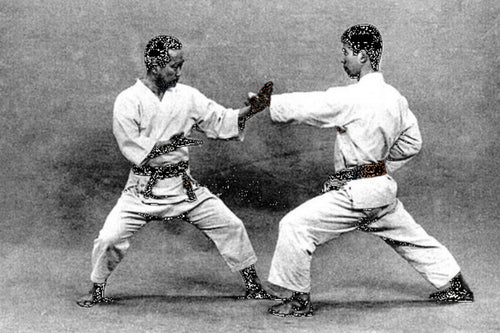
karate styles without kata
In the realm of martial arts, Karate stands as a testament to discipline, precision, and the unyielding spirit of sel...
-

How Karate Works
Karate, often admired for its precision and power, operates as a symphony of movements, principles, and strategies. T...
-

Karate Beyond Belts
In the realm of martial arts, Karate stands as a testament to discipline, precision, and the unyielding spirit of sel...
-
How Karate Belts Rank: A Journey from White to Black
The progression of karate belts is not merely a symbolic display of achievement; it represents a profound journey of ...
-
How Karate Helps the Transformative Power of Martial Arts
Karate, beyond being a dynamic martial art, is a transformative journey that extends its influence far beyond the doj...
-
Karate vs Judo
In the vast landscape of martial arts, Karate and Judo emerge as distinct disciplines, each with its unique set of te...



























